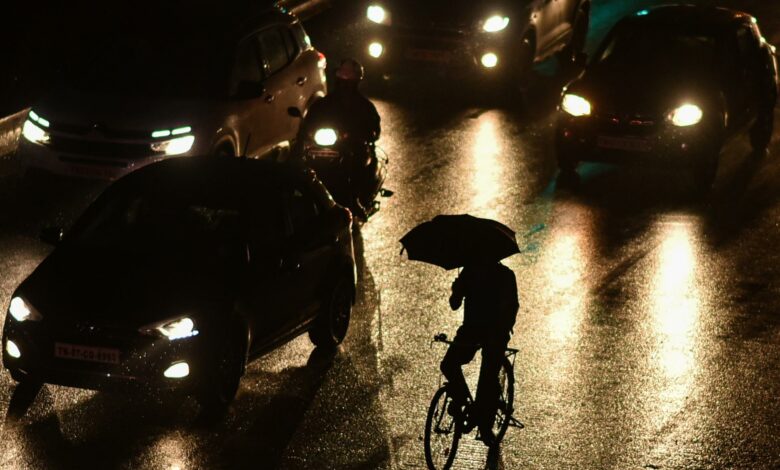Schools, parks shut in southeastern India against arrival of Cyclone Mandous

New Delhi, Dec 9 (EFE). – The authorities ordered Friday the closure of schools, parks and beaches in southeastern India against the imminent arrival of Cyclone Mandous, expected to make landfall during the night.
Cyclone storm Mandous will cross the northern part of Tamil Nadu state, Puducherry and the southern coast of Andhra Pradesh with a wind speed of 65-75 kilometers per hour (40-47 miles per hour) between late Friday and early Saturday, according to the latest update by the India Meteorological Department (IMD).
Mandous, which entered the Bay of Bengal as a the “severe” storm, weakened to a cyclonic storm and was situated off the northern shores of Tamil Nadu and Puducherry at 8.30am, IMD said.
The authorities in Chennai, the capital of Tamil Nadu, issued an alert instructing the closure of schools, parks, beaches, and shops located in the low-lying areas or near the sea in the coastal city that is currently experiencing heavy rainfall.
Similar measures have been taken in about a dozen districts of Tamil Nadu and the Union Territory of Puducherry, according to local media reports.
At least nine teams of the National Disaster Response Force have been deployed to the most vulnerable areas.
IMD predicted “heavy to very strong” rainfall in some districts and extremely heavy rainfall in isolated locations, most likely on the northern coast of Tamil Nadu, Puducherry and isolated areas of the Andhra Pradesh coast.
On Saturday, the storm is likely to be weaken further and cause moderate rain in most places, although heavy rainfall is still expected in some areas.
Cyclones are common in the coastal areas of India. A year ago, Cyclone Jawad prompted the evacuation of tens of thousands of people in the states of West Bengal, Odisha and Andhra Pradesh.
In May 2020, super cyclone Amphan left more than 100 people dead in India and Bangladesh, in one of the worst such incident in recent years. EFE
igr/sc





